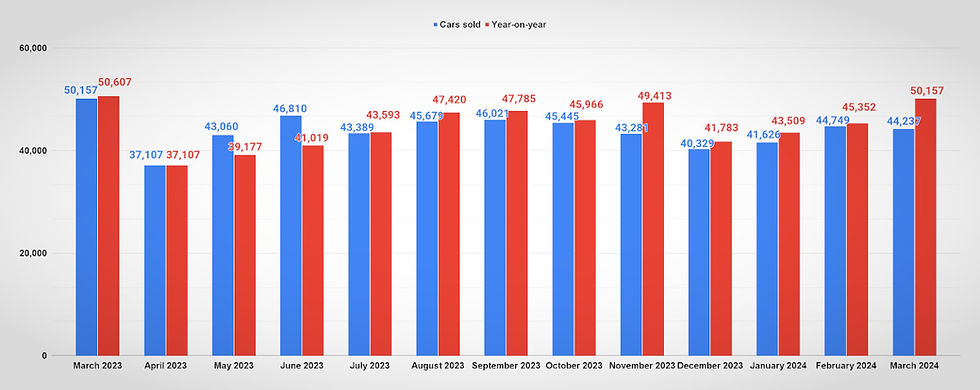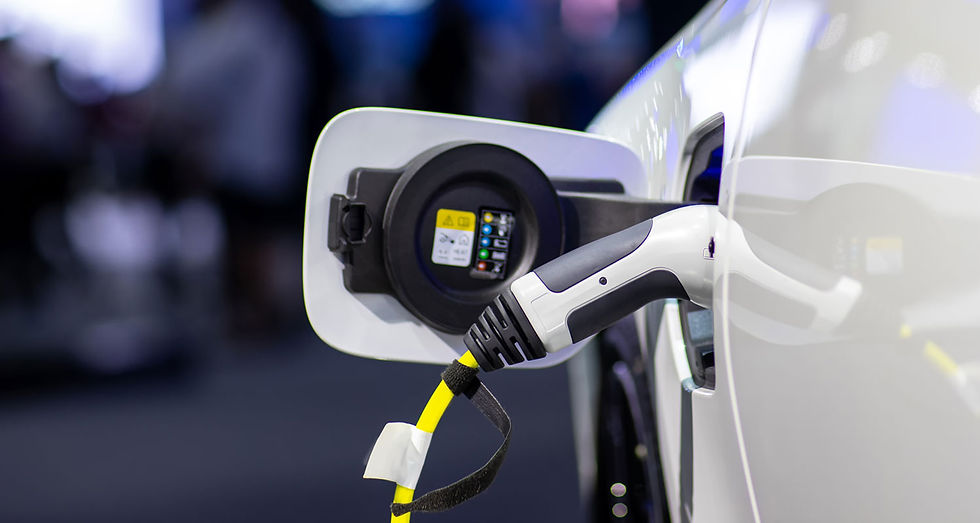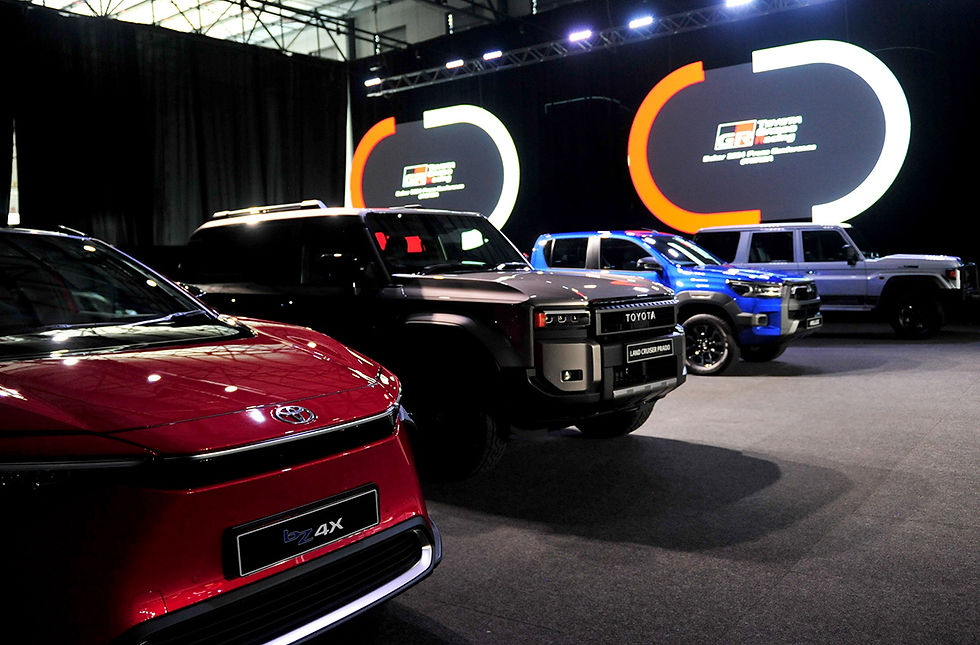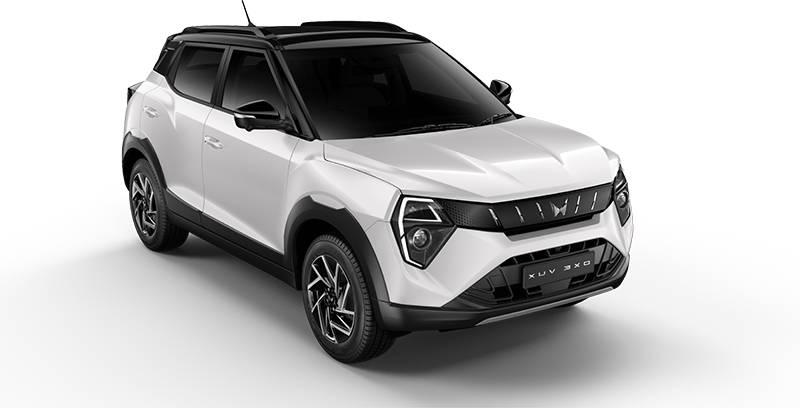Opinion piece : The Changing Landscape of Motoring in South Africa: Are Chinese Brands Driving the Future?
- apmotomedia
- Feb 6, 2025
- 3 min read
By Aphiwe Lungelo Nzimande

South Africa’s motoring industry is undergoing a significant shift as Chinese vehicles rapidly gain traction in the market. Brands such as Haval, Chery, and GWM have managed to win over consumers with their affordability, modern designs, and impressive warranties. While this influx has brought much-needed competition and more choices for buyers, it also signals a potential reshaping of the industry that may have profound economic implications.

For years now, brands like Volkswagen, Audi, and BMW have all dominated South African roads. These companies have built a strong consumer base and variously contribute significantly to the economy, from job creation in manufacturing plants to local dealerships. However, as emissions regulations tighten globally, these automakers are pressured to pivot towards electric vehicles (EVs). Adapting to these regulations calls for huge investments in new technologies, research and development, and infrastructure, which many automakers are struggling to justify, especially in markets like South Africa, where EV adoption remains slow due to high costs and limited charging infrastructure.
Chinese automakers have quickly seized this opportunity, taking advantage of the gap. With minimal emissions restrictions in their home markets and strong government backing, they have been able to inundate markets like ours with affordable yet feature-rich internal combustion engine (ICE) vehicles. Consequently, traditional brands are being underpriced and outmaneuvered, resulting in a notable decline in sales. For instance, in 2023, Haval and Chery experienced unprecedented growth in South Africa, with sales increasing by over 50% year-on-year (NAAMSA, 2023). It's important to note that the new car sales market has struggled in our economy for the past three years, as indicated on the Wesbank and NAAMSA official websites—new vehicle exports dropped, declining 22.8% year-on-year to 308,830 units (after a 4.3% year-on-year decrease to 25,931 units in December*)—Cars.co.za.

Just like anything, this shift is not without consequences. The potential rumored closure of manufacturing plants for major brands like VW and BMW poses a serious threat to the economy. Why? South Africa’s automotive industry contributes roughly 6.4% to the GDP and employs nearly 100,000 people directly (Stats SA, 2024). The closure of these plants would not only lead to significant job losses but also disrupt local economies that depend on these facilities.
There is, however, a glimmer of hope. Recent studies suggest that Chinese automakers are exploring the possibility of acquiring existing plants from departing brands. For example, Beijing Automobile International Corporation (BAIC) has already invested R11 billion in a new manufacturing plant, which further highlights the confidence some automakers have in South Africa’s potential. Such moves could counter or ease the potential economic fallout by retaining jobs and keeping South Africa’s automotive manufacturing industry alive. For example, GWM is rumored to be in talks to repurpose a facility previously used by a major European automaker. If successful, this strategy could help stabilize the industry while fostering a new era of automotive production in the country.

Chinese brands offer affordable, high-end cars with advanced features, but may impact traditional standards of quality and status over time as most of these brands are fairly new. The dominance raises concerns about South Africa's trade balance and reliance on imports. While local production could offset concerns, the long-term impact on innovation, skills development, and technological advancements remains uncertain. As Toyota’s recent State of the Motor Industry (SOMI) event highlighted, the next five years will be critical for South Africa’s automotive landscape. Toyota itself is investing heavily in hybrid technology to bridge the gap between traditional ICE vehicles and fully electric models, ensuring they remain competitive. This proactive approach serves as a reminder that innovation and adaptability are key to surviving in a rapidly changing industry.
South Africa's automotive sector faces challenges and opportunities due to Chinese automakers, necessitating collaboration between policymakers, industry stakeholders, and automakers to ensure affordability, innovation, and job creation. The story of South Africa’s motoring industry is still being written. Whether Chinese brands become the heroes or the disruptors will depend largely on how they navigate the complexities of this dynamic market.



Comments